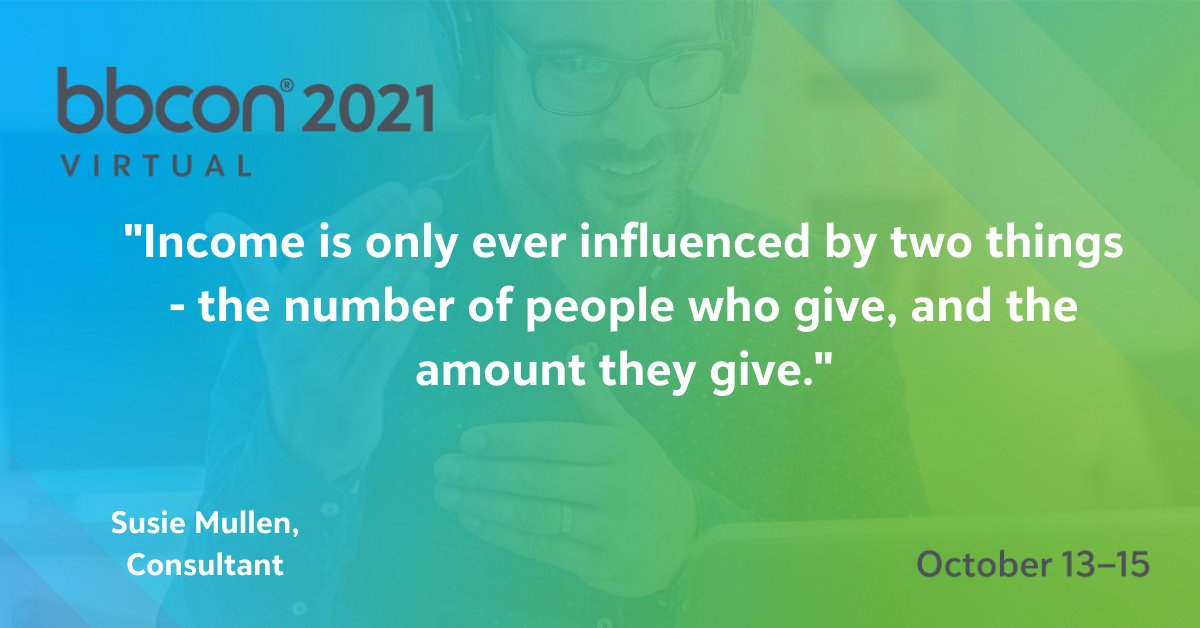What is the purpose of Social Scoring then?
I am delighted to start blogging here on UK Fundraising and for my first post I am looking at a subject I have been getting very excited about recently – Social Scoring.
What if I told you that you had an incredibly powerful resource within your database which could get your message to literally 100′s of millions of people and you may not be using it? What if you found you had access to so much more online and just needed to pull it out of your database in order to use it? What if I said that you could increase your fundraising from Peer to Peer events by up to 40% by just utilising a tool you already have?
Well for the majority of people reading this post you can do just that. The idea of social scoring has been around for years but few charities look at this as they see it as too much work for not enough obvious return.
Advertisement
A recent survey by Blackbaud and some of our Not for Profit partners found that people who utilise their social networks for fundraising raise on average 40% more than those who do not…unfortunately we also found that less than half of P2P fundraisers actually use their social networks! So how do you find out which of your donors or fundraisers is actually going to be able to help you with this stuff? Not everyone has hundreds of FB friends or more on Twitter so can we work with every fundraiser to maximise their social networks?…well probably not right now. So we need to identify which ones are the more powerful – to do this we need to root out those who are the strongest and to do this we need to assign a social score.
There are many tools out there for social scoring, the most famous of which must be Klout. Klout will look across your social network use, your followers, your retweeters, your content, your breadth and a whole bunch of other areas and assign you a social score.
Everyone can obtain their Klout score purely by visiting Klout.com and entering in their social media details/usernames.
You can see a summary of my Klout score below.
What this tells me is I need to do more with Google+ but how else could we use that data? The info above is locked in lots of databases but if we could pull it out we could start to identify who our key influencers are and utilise that resource. We may not identify a Stephen Fry in our database but we could identify someone who influences others for the good (or we could identify lots of these people!!). What if you have a blogger who is regularly read by hundreds of thousands or even millions of people and would be perfectly willing, in fact maybe eager, to help you out? Have you looked at your Facebook insights to see the reach of your Facebook Fans? I run a small community charity (@cumbernaudhous) who have just over 3000 Facebook fans but their reach is enormous. So it's important to see who are the key supporters and how to mobilise them
A recent Nielsen study showed that 90% of people trusted recommendations from friends whilst only 14% trusted direct advertising? That’s a stunning number and one we can actually use now with the number of orgs who are able to provide social scoring info for your database.
We can even look more at specific social media with tools such as Tweet Grader. This looks at just Twitter as a tool –
This is all useful info but what if you are based around a specific geographic area? Well there are tools for that too. Tweet Grader has a Location tool which will show all the key influencers for your local area –
You can see from the above that your influencers are not always the people you expect them to be. As an industry the charitable community has a vast number of people willing to help out by volunteering, donating etc. However we’re not taking advantage of one of the biggest trends in society right now by taking a step beyond the email blast and really taking advantage of the influence of our supporters. First we need to find them though! Learn more here with the excellent white paper on the subject.








